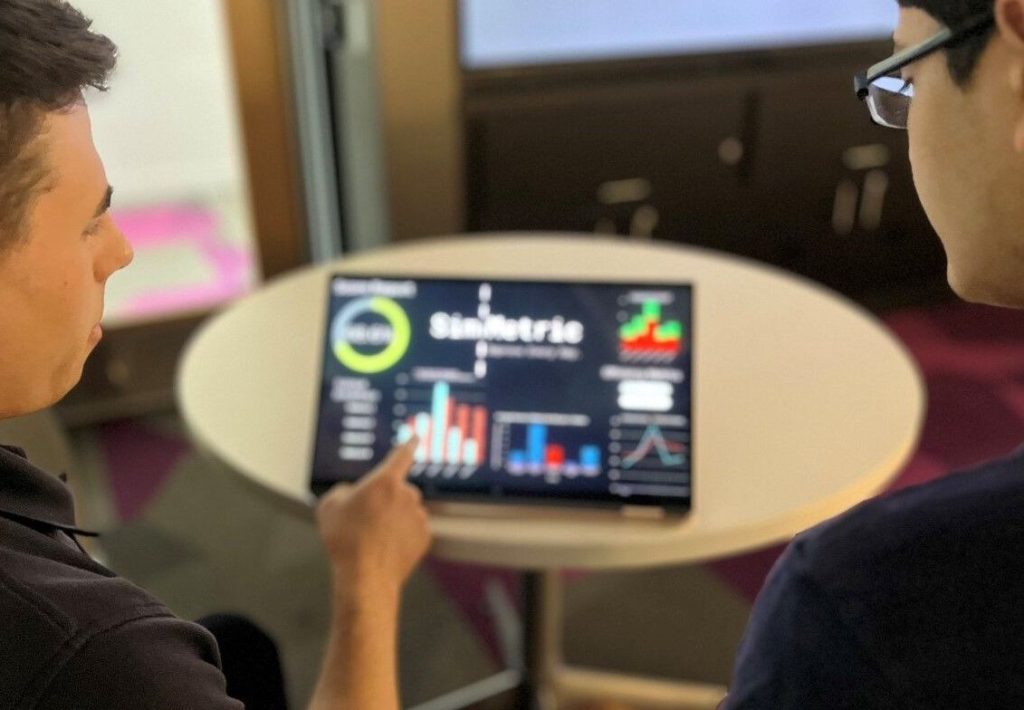Improving Robotic Surgery Training
- Erick Rocher
- Mason Song
- Andrew Ying
- Ishir Sharma
- Kyle Kampta
- Jasmine Kaur
- Charles Shin
- Prisha Jhala
- Michelle Zwernemann (Faculty member)
- Dr. Hien Nguyen (Clinical mentor)
- Dr. Ahmed Ghazi (Committee member)
- Dr. Peter Kazanzides (Committee member)
- Dr. Adnan Munawar (Committee member)
- Dr. Anand Malpani (Committee member)
- Dr. Brett Parker (Committee member)
- Dr. Swaroop Vedula (Committee member)
- Dr. Khalil Merali (Committee member)
- Bhavya Gopinath (Teaching Assistant)
Abstract:
Robotic surgery is a rapidly growing field, offering myriad benefits to patients, including minimized scarring and shortened recovery time.1 While the total market is projected to skyrocket from $7 billion in 2021 to $22 billion in 2030, the quality of robotic surgery education has lagged behind.2 This has left 43% of general surgery residents in the U.S. unsatisfied with their robotics training, and 62.5% of residents unwilling to incorporate robotic surgery into their future practice. Thus, the quality of robotics education will be crucial to determining the level of robotics utilization in the coming decades and will have significant implications for the availability of this beneficial technique to future patients. To this end, we interviewed 21 key opinion leaders of robotic surgery education and performed a 150+ source literature review, allowing us to identify the source of resident dissatisfaction. Current robotics simulation lacks actionable feedback that describes areas of trainee struggle and success, with no established method to recommend targeted practice.
We developed SimMetric, a software package that processes training data to generate actionable feedback. We established novel metrics to assess training performance, allowing trainees to continuously improve. Furthermore, we utilized open-source surgical training data sets to create a prototype of SimMetric’s feedback outputs. We anticipate this novel platform will prove useful to identifying areas of curriculum improvement, evaluating trainee competency, and optimizing robotics utilization. Overall, SimMetric shows promise for enabling effective virtual coaching and improving robotic surgery training.

